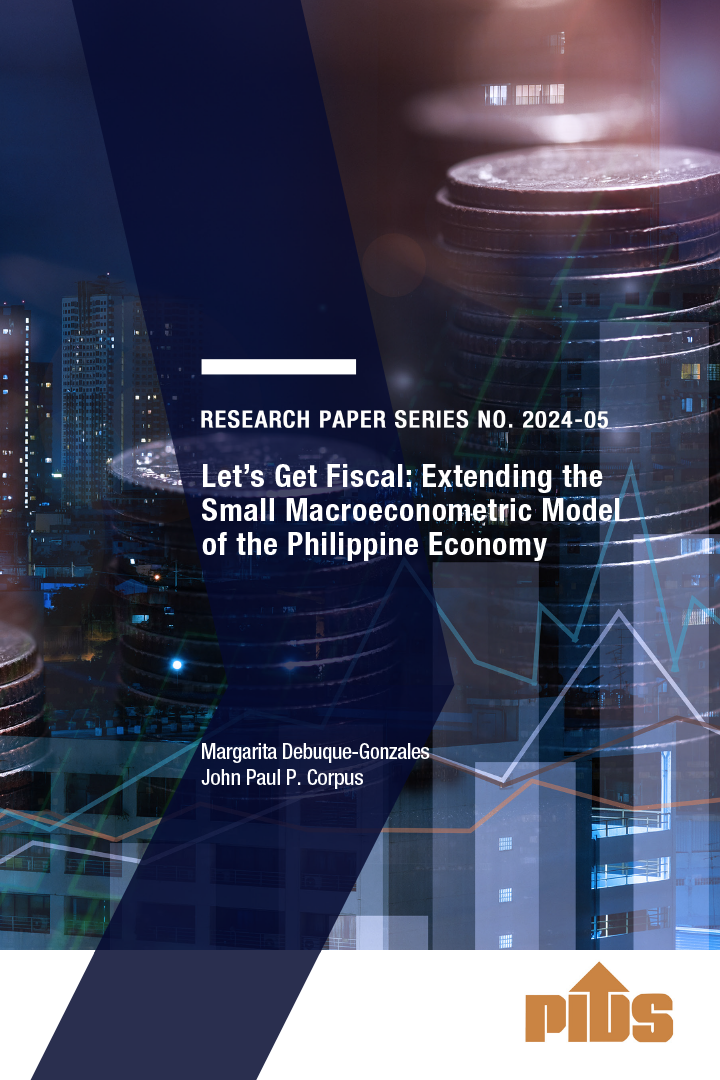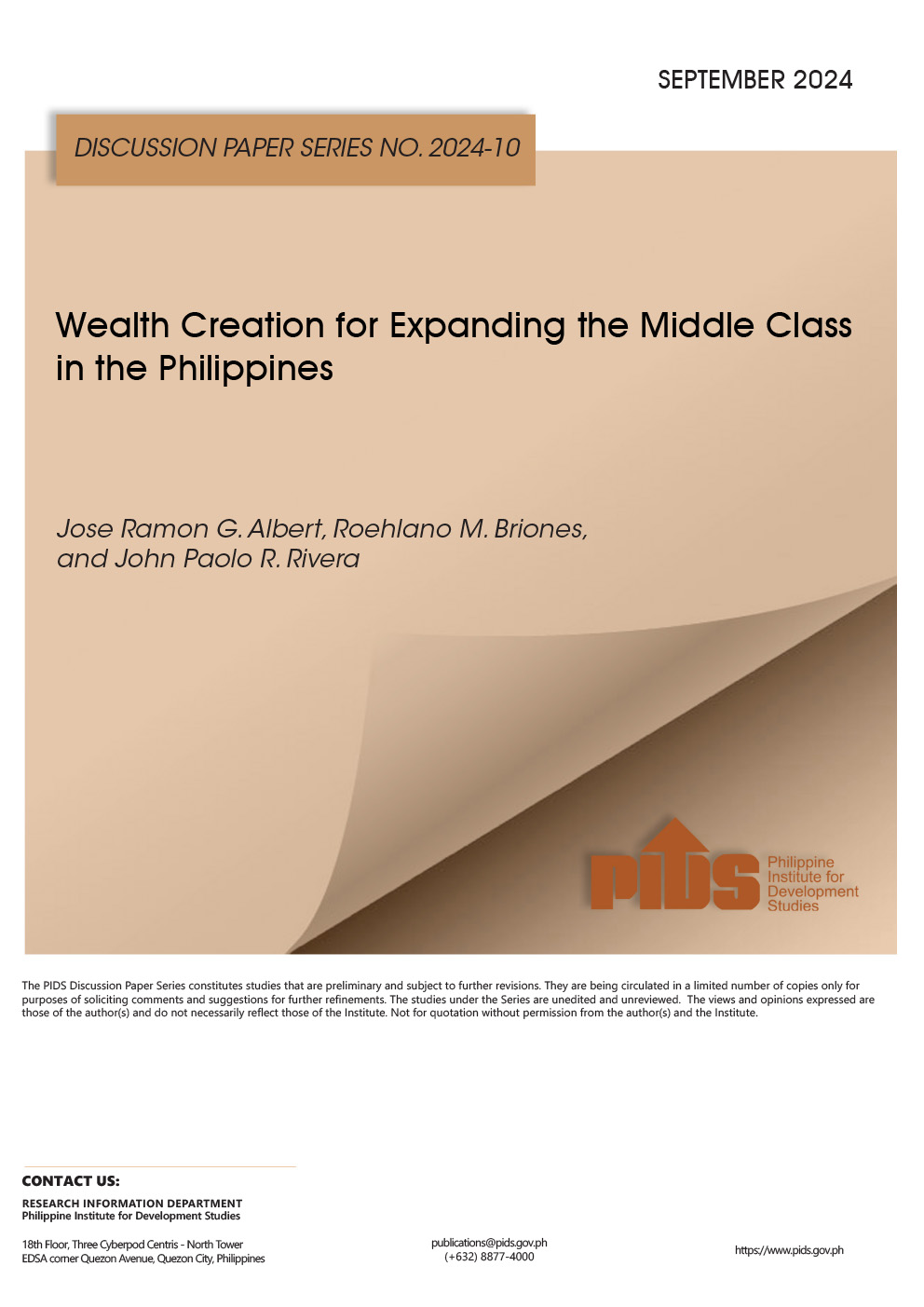Villages with high rates of coronavirus infections should continue to be placed under lock down after the 45-day Luzon-wide enhanced community quarantine to stop the spread of the deadly pandemic, a presidential adviser said on Monday.
Businessman Joey Concepcion, who is also the president’s adviser on entrepreneurship, said some shops have to be re-opened to prevent further losses that could impact on the country’s economic growth.
Concepcion said he has proposed a selective quarantine that will lift the restrictions in some areas in the capital region as well as in the southern Tagalog region, known as Cavite-Laguna-Batangas-Rizal- Quezon province (CALABARZON).
“Let’s not focus on big area, focus on small community,” Concepcion told Radyo5 and One PH in an interview, likening the measure to treating a person with cancer.
“Kung may sakit ng cancer, saan ang cancer, saan ang disease ‘yon ang hanapin natin ‘di ba? Yung barangay na infected siya diyan natin i-quarantine,” he added.
While majority of the coronavirus disease 2019 (COVID-19) cases come from Metro Manila and CALABARZON, he said the two regions contribute about 50% of the country’s economic growth.
“My recommendation rather than locking down Metro Manila and whole area, we focus of the barangays,” he said. “Now, ilan ba ang barangay if you look at the analysis, 83% are from NCR and CALABARZON…But the contribution to the economy of NCR and CALABARZON is also 50%, that’s a tough decision to make.”
‘MODIFIED ECQ’
Senator Panfilo Lacson also weighed in on the post April 30 lock down scenario, suggesting a modified enhanced community quarantine (ECQ) that will allow certain sectors to return to work.
“My suggestion is a modified ECQ, that is still compliant with social distancing, para mai-balanse ang isyu ng pampublikong kalusugan sa epekto sa ekonimiya ng bansa,” he said. “ Pero dapat munang magkaroon ng Economic Risk Assessment and Action Plan para tingnan ang epekto partikular na sa mga MSME’s dahil 70% ng workforce ng bansa ay nasa sektor nila at 30% ang kontribusyon nila sa pangkalahatang ekonomiya.”
The lawmaker also suggested ramping up mass testing efforts by allowing the business sector to collaborate with health workers.
“DOH should decentralize testing by deputizing private medical practitioners and health workers through public-private collaboration with the business sector subsidizing the deployment of those private health workers,” said Lacson.
The Philippine Institute for Development Studies (PIDS), a government think tank, has estimated the Philippine economy may lose between P276.3 billion and P2.5 trillion as a result of the restrictions brought by the coronavirus pandemic.
In a discussion paper, PIDS also said the country’s economic losses are estimated to reach P2.5 trillion under a “worse case” scenario, where it is assumed that the pandemic is not contained around the world and that the global economy would fall into a recession.
The country has already lost about 150 billion pesos in business opportunities during the 45-day Luzon-wide lock down.
The Asian Development Bank (ADB) has forecasted the country’s economic growth this year to slow down to 2 percent from 5.9 percent last year, a big drop from the government’s target of 6.5 percent to 7.0 percent due to the public health crisis.
But both Finance Secretary Carlos Dominguez and former Socio-economic Planning Secretary Ernesto Pernia believed the country will register a negative growth rate if businesses remain close beyond June.
They also called on the government to expand mass testing to determine the extent of the coronavirus infection in the country.
Dominguez said the government is planning a 1.2 trillion pesos rescue package to provide cash subsidy to the most vulnerable sector of society, pour resources to increase the health department’s capacity and provide liquidity to re-start the economy.
Businessman Joey Concepcion, who is also the president’s adviser on entrepreneurship, said some shops have to be re-opened to prevent further losses that could impact on the country’s economic growth.
Concepcion said he has proposed a selective quarantine that will lift the restrictions in some areas in the capital region as well as in the southern Tagalog region, known as Cavite-Laguna-Batangas-Rizal- Quezon province (CALABARZON).
“Let’s not focus on big area, focus on small community,” Concepcion told Radyo5 and One PH in an interview, likening the measure to treating a person with cancer.
“Kung may sakit ng cancer, saan ang cancer, saan ang disease ‘yon ang hanapin natin ‘di ba? Yung barangay na infected siya diyan natin i-quarantine,” he added.
While majority of the coronavirus disease 2019 (COVID-19) cases come from Metro Manila and CALABARZON, he said the two regions contribute about 50% of the country’s economic growth.
“My recommendation rather than locking down Metro Manila and whole area, we focus of the barangays,” he said. “Now, ilan ba ang barangay if you look at the analysis, 83% are from NCR and CALABARZON…But the contribution to the economy of NCR and CALABARZON is also 50%, that’s a tough decision to make.”
‘MODIFIED ECQ’
Senator Panfilo Lacson also weighed in on the post April 30 lock down scenario, suggesting a modified enhanced community quarantine (ECQ) that will allow certain sectors to return to work.
“My suggestion is a modified ECQ, that is still compliant with social distancing, para mai-balanse ang isyu ng pampublikong kalusugan sa epekto sa ekonimiya ng bansa,” he said. “ Pero dapat munang magkaroon ng Economic Risk Assessment and Action Plan para tingnan ang epekto partikular na sa mga MSME’s dahil 70% ng workforce ng bansa ay nasa sektor nila at 30% ang kontribusyon nila sa pangkalahatang ekonomiya.”
The lawmaker also suggested ramping up mass testing efforts by allowing the business sector to collaborate with health workers.
“DOH should decentralize testing by deputizing private medical practitioners and health workers through public-private collaboration with the business sector subsidizing the deployment of those private health workers,” said Lacson.
The Philippine Institute for Development Studies (PIDS), a government think tank, has estimated the Philippine economy may lose between P276.3 billion and P2.5 trillion as a result of the restrictions brought by the coronavirus pandemic.
In a discussion paper, PIDS also said the country’s economic losses are estimated to reach P2.5 trillion under a “worse case” scenario, where it is assumed that the pandemic is not contained around the world and that the global economy would fall into a recession.
The country has already lost about 150 billion pesos in business opportunities during the 45-day Luzon-wide lock down.
The Asian Development Bank (ADB) has forecasted the country’s economic growth this year to slow down to 2 percent from 5.9 percent last year, a big drop from the government’s target of 6.5 percent to 7.0 percent due to the public health crisis.
But both Finance Secretary Carlos Dominguez and former Socio-economic Planning Secretary Ernesto Pernia believed the country will register a negative growth rate if businesses remain close beyond June.
They also called on the government to expand mass testing to determine the extent of the coronavirus infection in the country.
Dominguez said the government is planning a 1.2 trillion pesos rescue package to provide cash subsidy to the most vulnerable sector of society, pour resources to increase the health department’s capacity and provide liquidity to re-start the economy.












